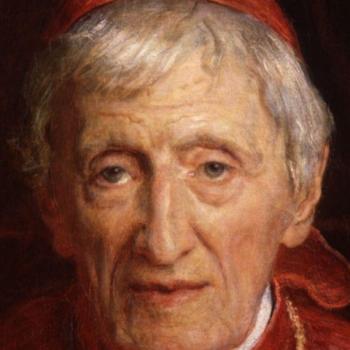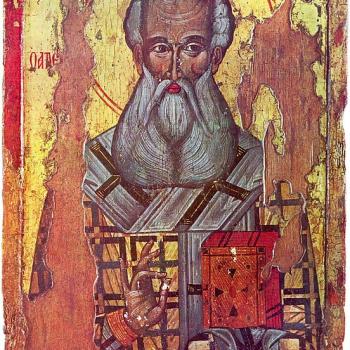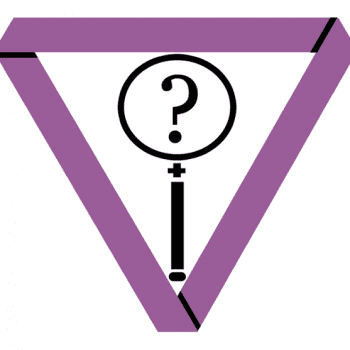A false assumption is often made by anti-Catholics and other critics of the Catholic Church, that when Catholics discuss how something has “always been believed,” that they are not also often referring to adherence to implicit or kernel-forms or the “acorns” or “seeds” of development of doctrine (i.e., they are referring to the essence of the doctrine, which was received from the apostles and never changes). This misunderstanding is based not only on ignorance of development of doctrine per se, but on gross neglect of the... Read more

















